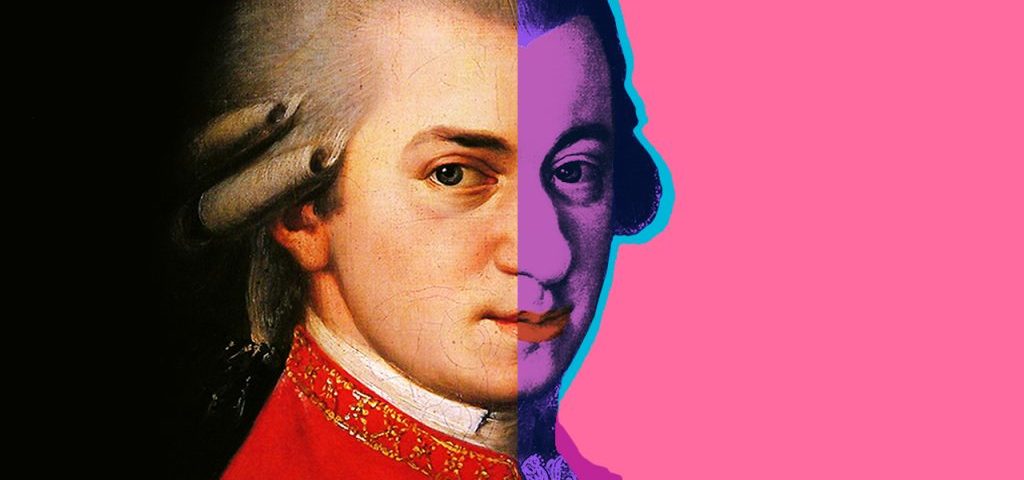The Power and Purpose Behind Beethoven’s Egmont Overture, Op. 84
Ludwig van Beethoven composed the Overture to Egmont, Op. 84, in 1810, blending music and political ideals into one of his most powerful orchestral works. He wrote it as part of a larger commission for Johann Wolfgang von Goethe’s tragedy Egmont—a play that explores resistance against oppression and the triumph of the human spirit.
Through this work, Beethoven did more than simply enhance a stage production. He created a timeless musical symbol of freedom, heroism, and sacrifice.
A Revolutionary Collaboration with Goethe
When the Imperial Court Theater in Vienna commissioned Beethoven to write incidental music for Goethe’s Egmont, the composer embraced the project with passion. The play tells the story of Count Egmont, a 16th-century Dutch nobleman who defied Spanish tyranny during the occupation of the Netherlands. Although Egmont ultimately faces execution, his martyrdom inspires the people to rise up and fight for freedom.
Beethoven deeply admired Goethe and resonated with the play’s political message. By setting it to music, he aimed to elevate the emotional power of the story and give voice to his own ideals of liberty and justice.
Breaking Down the Music: Structure and Emotion
Beethoven structured the Egmont Overture to reflect the drama’s emotional arc—from darkness and despair to resistance and ultimate triumph. Although he wrote additional pieces for the play, the overture stands out as the most iconic.
The structure unfolds in three distinct parts:
-
Grave (Slow Introduction) – Ominous, heavy chords set a foreboding tone, representing the oppressive rule Egmont faces.
-
Allegro con brio (Fast Section) – Tension builds as Beethoven introduces driving rhythms and sharp contrasts, portraying Egmont’s courageous defiance.
-
Triumphant Coda (Victory Theme) – In a dramatic turn, the overture ends with a bold and uplifting flourish, celebrating the enduring power of Egmont’s spirit and the hope for freedom.
With these dynamic shifts, Beethoven doesn’t just tell a story—he invites listeners to feel the weight of injustice and the exhilaration of resistance.
Beethoven’s Musical Message: A Call for Freedom
Throughout the overture, Beethoven champions the same ideals that shaped his worldview: freedom, heroism, and individual sacrifice. His use of dramatic contrasts and emotional depth transforms the overture into more than just an introduction to a play. It becomes a musical protest against tyranny.
In fact, the work aligns closely with Beethoven’s own views during the Napoleonic era. Just as he had once admired and later rejected Napoleon for betraying revolutionary ideals, Beethoven poured his longing for liberty into the music of Egmont.
A Legacy That Transcends Time
Beethoven’s Egmont Overture has outgrown its original theatrical setting. Today, orchestras around the world regularly perform it as a standalone concert piece, and audiences continue to respond to its emotional intensity and political relevance.
Over the years, the overture has served as an anthem of resistance and resilience:
-
During World War II, freedom movements adopted the piece for its symbolic power.
-
In the 1956 Hungarian Revolution, Radio Free Europe broadcasted it as a rallying cry for democratic change.
-
Today, the overture remains a fixture in concert halls, often included in programs that highlight musical storytelling and historical depth.
Goethe’s Endorsement: A Masterful Translation of Emotion
Even Goethe himself praised Beethoven’s musical interpretation of Egmont. He admired how the composer captured the emotional essence of his play, stating that Beethoven had expressed through music what Goethe aimed to convey through words.
That praise underscores what makes this overture so enduring: its ability to stir the soul and convey timeless truths without uttering a single word.
Why Egmont Still Matters
Beethoven’s Overture to Egmont, Op. 84, continues to resonate because it speaks to the universal human struggle for justice and dignity. By transforming Goethe’s dramatic narrative into sound, Beethoven created a work that not only entertained but also inspired.
As orchestras and audiences revisit this overture, they reconnect with its message: resistance against tyranny, the strength of the individual, and the hope for a better tomorrow.

